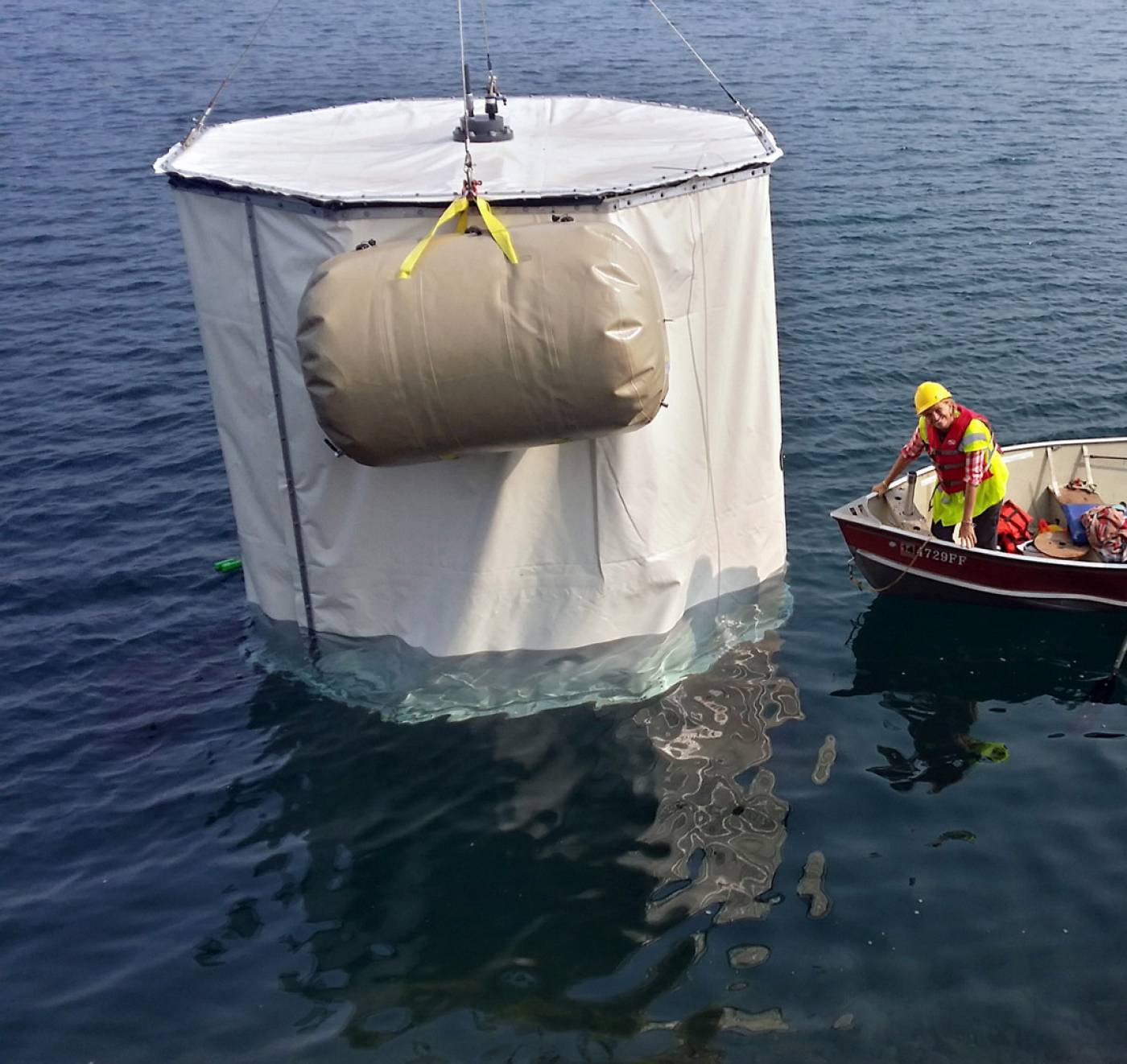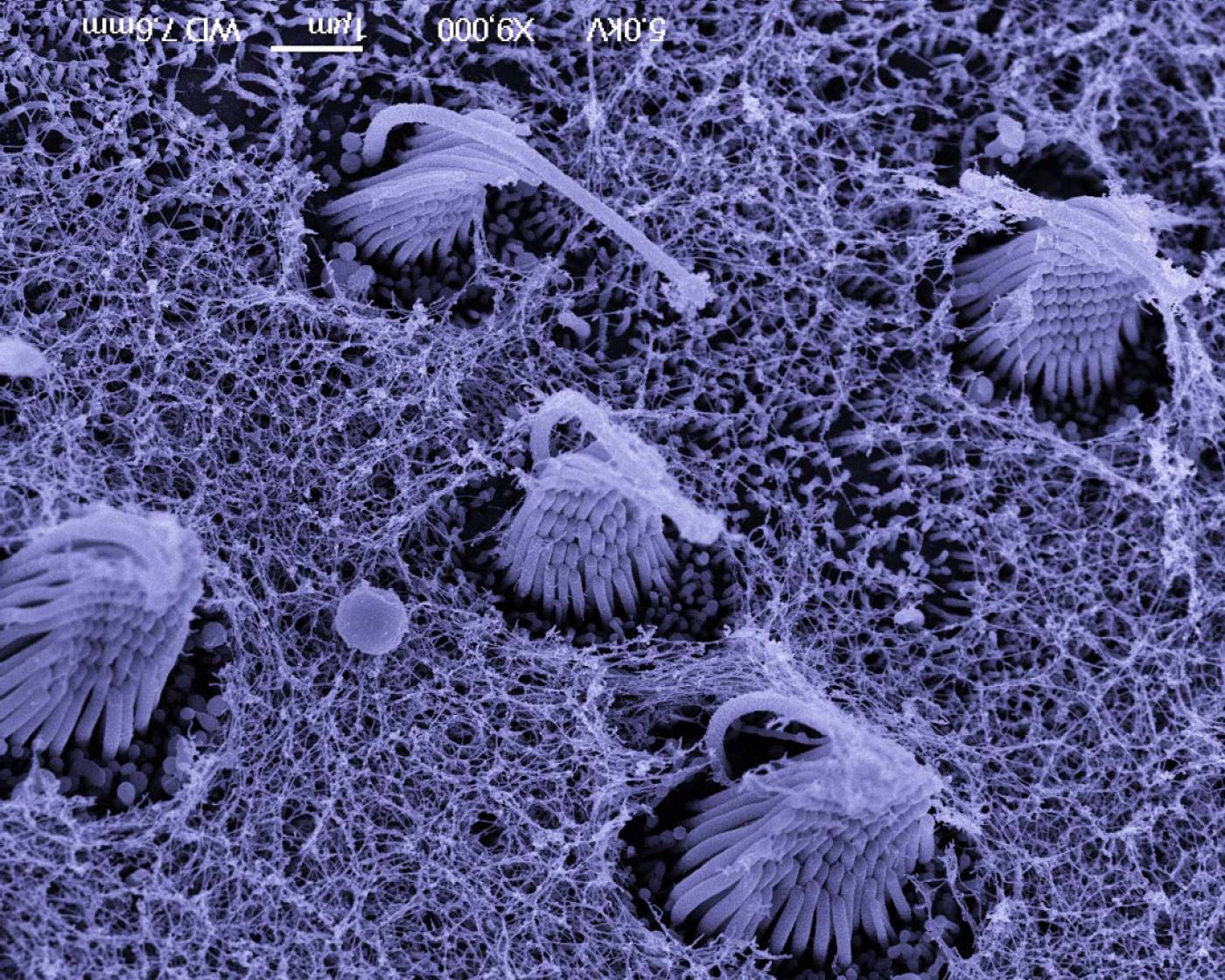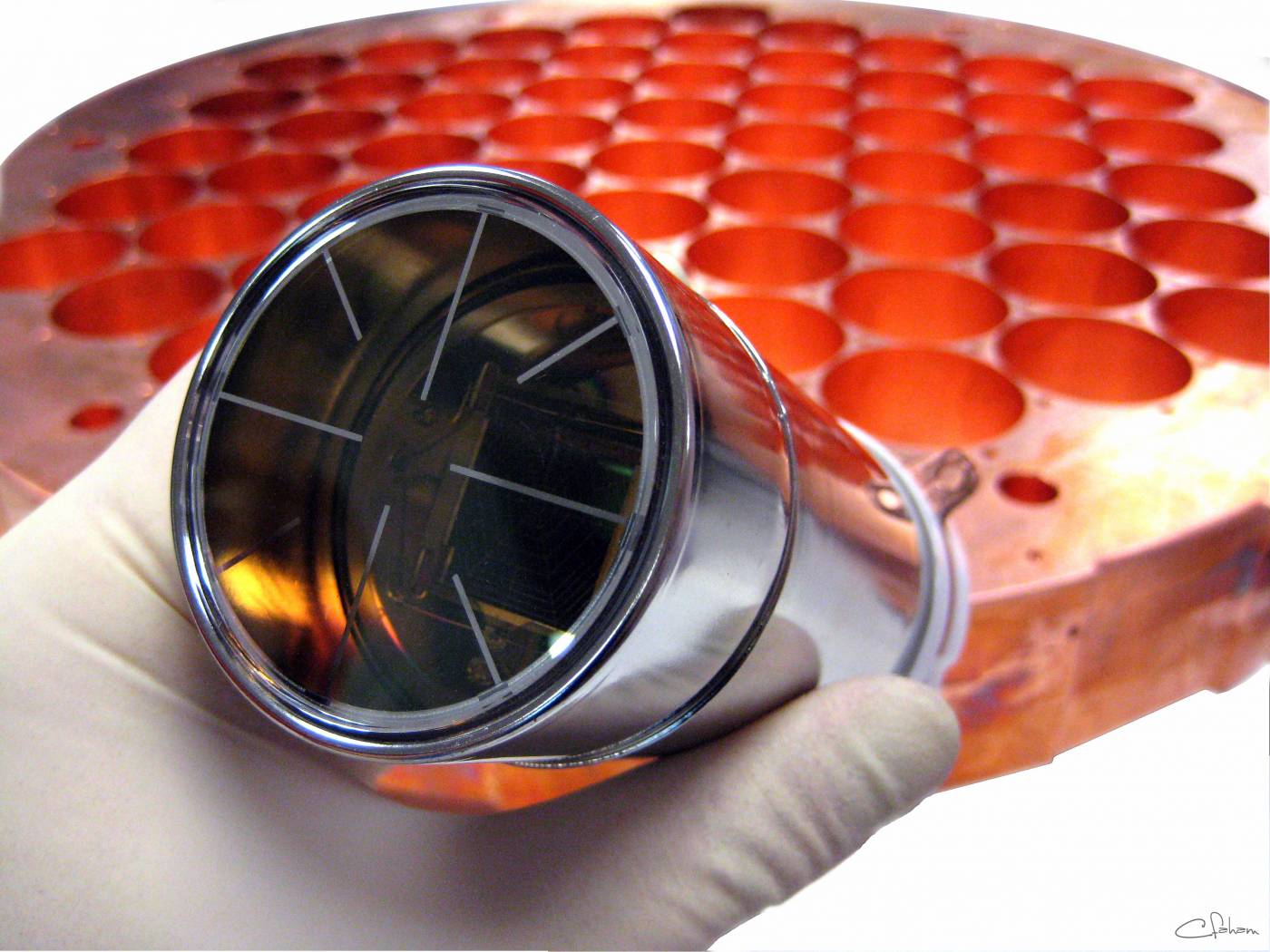The Department of Physics and Astronomy at UCL has one of the broadest bases for research in Physics of any UK university. A UCL Physics PhD provides evidence of the type of problem-solving skills which are an ideal qualification for a further career in research or the wider job market.
- Research Groups
The Physics Department is composed of 5 research groups. Details of currently available studentships are available from the research groups web pages, on the Doctoral Training Centre web pages or on UCL job opportunities.
Research Group Admissions Tutor Email Atomic, Molecular, Optical and Positron Physics Dr Alessio Serafini a.serafini@ucl.ac.uk Astrophysics Prof Sergey Yurchenko physast.phd@ucl.ac.uk Biological Physics Dr Maxim Molodtsov m.molodtsov@ucl.ac.uk Condensed Matter and Materials Physics and Biological Physics Dr Steven Schofield s.schofield@ucl.ac.uk High Energy Particle Physics Dr Mario Campanelli
Each of these research groups has its own admissions tutor - see names above. You should contact at least one of these admissions tutors, using the email addresses given above. You should also follow the application procedure procedure for the relevant group by following the links above.
If you are interested in doing a PhD in the nanotechnology area, you will find it useful to look at the website of the London Centre for Nanotechnology, which carries out cross-disciplinary research in the areas of physics, materials, chemistry, engineering and biomedicine.
The Mullard Space Science Laboratory also offers PhD opportunities in space science, further details of these can be found at https://www.ucl.ac.uk/mssl/study/phd-opportunities
- Application Procedure
Admissions (MPhil/PhD)
How to Apply
- Applications should be made online: UCL Prospective Graduate Applications website
- Read the on-line checklist before applying.
Identify a Supervisor: Interested applicants should firstly select their chosen Research Group (from this group selection using the People tab at the top of the page all academic staff will be listed - click on each academics name, this will bring up contact details and then click on the full research profile on UCL profiles which will then give you the publications and expertise and experience for that selected academic) from this list you can identify a member of academic staff within Physics & Astronomy who has the appropriate specialization and you should approach them well in advance of the application deadline (and any funding deadlines) to discuss your application.
- Choose department as Physics & Astronomy, and programme group as postgraduate research. The study type and start year should be chosen according to your circumstances.
- Follow the instructions on the webpage and finish the on-line application form. Note that you will need to upload an electronic copy of your academic transcript and a personal statement.
- For PhD applications to the HEP group please follow the additional instructions outlined here : http://www.hep.ucl.ac.uk/postgrad/apply_now.shtml
- Independently funded students for the Department of Physics & Astronomy entry dates for 2024-2025 will be 1 October 2024, 1 February 2025 and 1 May 2025. To apply, view the list of our group leaders to review their research and decide which suit your area of interest and email them to discuss potential projects.
The UCL Admissions and General Enquiries Office can be contacted by telephone on +44 (0)20 8059 0939. For further information about contacting them, please see: https://www.ucl.ac.uk/prospective-students/graduate/admissions-enquiries.
Queries
For general enquiries about the Physics and Astronomy PhD program, please
email our Postgraduate Administrator, Nadia Waller.- Doctoral Training Centres
Centre for Doctoral Training (CDT) in Data Intensive Science (DIS)
DIS encompasses a wide range of areas in the field of 'big-data' including the collection, storage and analysis of large datasets, as well as the use of complex models, algorithms and machine learning techniques to interpret the data. The Centre primarily carries out research in STFC's flagship Data Intensive Science projects, in High Energy Physics and Astronomy, which have been at the forefront of DIS research for several decades and provide the ideal training ground for DIS. More information can be found at
https://www.hep.ucl.ac.uk/cdt-dis/studentships.shtml
Centres for Doctoral Training (CDTs)
UCL has a large number of students funded through Doctoral Training Programmes (DTPs) and Centres for Doctoral Training (CDTs).
These multi-disciplinary centres bring together various areas of expertise and offer unique opportunities and a dynamic environment for PhD student training.
Programmes are usually funded for four years. These positions are usually only open to applicants resident in the UK for at least three years prior to their application. Requirements do vary, so please check individual centres. The first year typically includes taught elements for developing research and transferable skills as well as a research element to explore potential PhD-level topics.
- Funding
Funding Each group has a specific application procedure and possible sources of funding so for more more detailed information see the individual group pages via the links to the Research Groups above.
- For Astrophysics (Astro) and High Energy Physics (HEP) the main source of funding is from the Science and Technology Facilities Council (STFC).
- For Atomic, Molecular, Optical and Positron Physics studenship (AMOPP) and Condensed Matter and Material Physics (CMMP) it is from the Engineering and Physical Sciences Research Council (EPSRC). Collaborative Training Account (CTA) awards with an external partner are also available.
General Information
UK citizens
Are eligible for a research council award which covers tuition fees and maintenance. For information about tuition fees see: www.ucl.ac.uk/current-students/money
EU citizens
- If you completed your degree at a UK university you are eligible for the same research council award.
- EU citizens who did not undertake their degree at a UK university are eligible for a tuition fees-only award, and must find maintenance money from another source.
- UCL has a limited number (around 25) graduate scholarships which will cover both fees and a maintenance award.
Overseas (not EU)
- Students are not eligible for any Research Council awards and must find independent funding to cover tuition fees and maintenance. See: www.ucl.ac.uk/current-students/money
Other sources of funding for Overseas students:
- UCL Graduate School Research Scholarships (GSRS) provides limited funding for non-UK citizens or EU citizens who did not graduate from a UK institute are. They cover both fees and cost of living.
- Students can also apply for an Overseas Research Scholarship ORS award.
- Details of each, along with other possibilities can be found at http://www.ucl.ac.uk/prospective-students/scholarships
- Knowledge Transfer
Research-intensive University departments, of which UCL Physics and Astronomy is one, are constantly on the look-out for applications of their existing expertise and for new and challenging problems. Knowledge Transfer is the umbrella under which we disseminate our research, in ways which encompass standard routes in the scientific community such as publications and conferences, as well as consultancy work and large-scale collaborative programs with industry. We aim to develop lasting partnerships with industry, business, government and the public sector. Practical applications of our research can contribute to the economic competitiveness of the UK, to the effectiveness of public services and policy, and to the quality of the environment. Examples include:
- EPSRC Industrial CASE PhD Studentship with BOC: Ammonia as a Solvent for Nanotechnology (Neal Skipper)
- NERC Industrial CASE PhD Studentship with Schlumberger Cambridge Research: Asphaltene aggregation in the presence of clay surfaces (Neal Skipper)
- EPSRC EngD Studentship with CCLRC: Nanostructuring of hydrogen storage materials (Neal Skipper)
- Industrial CASE studentship with CDT (Cambridge Display Technology) 2001-2004 (Student: Vladimir Bodrozic) (Franco Cacialli)
- EPSRC Industrial CASE PhD Studentship with UKAEA (Culham): Including electronic effects in radiation damage simulations of fusion materials (Dorothy Duffy)
- EPSRC EngD Studentship with Sematech (USA): Modelling of the atomic processes in gate oxides responsible for breakdown in CMOS devices (Alexander Shluger)
 Close
Close





